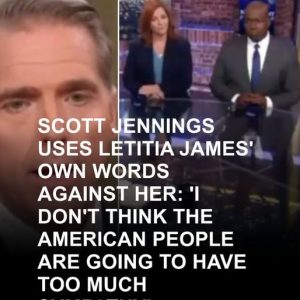Jimmy Kimmel is under scrutiny by the Federal Communications Commission (FCC) following controversial remarks he made about the assassination of conservative activist Charlie Kirk. In his September 15 monologue on Jimmy Kimmel Live!, Kimmel suggested that the suspected shooter, Tyler Robinson, was a supporter of the “MAGA movement.” However, investigations have revealed that Robinson held left-leaning political views, contradicting Kimmel’s claim. FCC Chairman Brendan Carr criticized Kimmel’s comments as misleading and potentially damaging to public trust, stating that they “appeared to directly mislead the American public about a significant fact.”
In response to the backlash, Kimmel defended his remarks, claiming they were “intentionally and maliciously mischaracterized” by right-wing groups. He argued that his words were taken out of context to distort their meaning and stir outrage. Despite the controversy, Kimmel refused to apologize, further intensifying the debate over media responsibility and political bias.
The incident has sparked a broader discussion about the role of media in shaping public perception and the potential consequences of spreading misinformation. Critics argue that Kimmel’s comments exemplify the dangers of politicizing tragic events, while supporters contend that his right to free speech is being unjustly challenged. The FCC’s consideration of potential action against Kimmel raises questions about the balance between holding broadcasters accountable and protecting First Amendment rights.
As the situation develops, it underscores the challenges media figures face in navigating the complex landscape of public opinion, political polarization, and regulatory oversight. The outcome of the FCC’s review could set a precedent for how similar cases are handled in the future.





